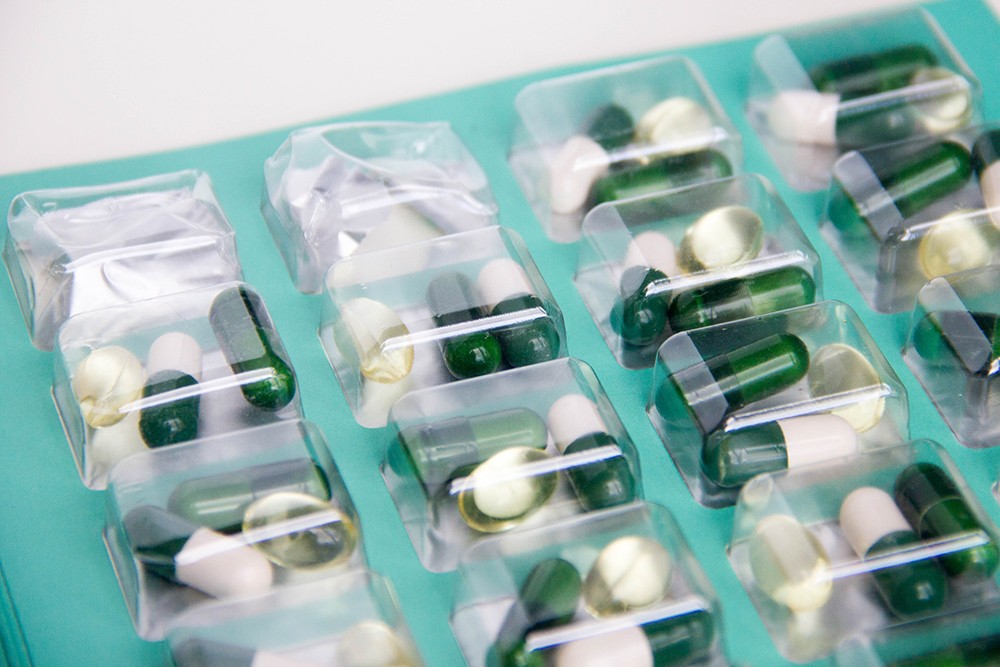
It is vital that you get enough vitamin B12. This important vitamin is essential for your body to produce healthy red blood cells. It is also needed for efficient nerve function and for DNA synthesis.
Vitamin B12 is vital for the body to produce healthy red blood cells. It also is needed for proper nerve function and DNA synthesis.
Low levels of stored vitamin B12 lead to vitamin B12 deficiency. This can lead to:
- Anemia
- Fatigue
- Weakness
- Soreness of the mouth and tongue
- Constipation
- Decreased appetite
- Weight loss
- Numbness and tingling in the hands and feet
- Dizziness, light-headedness
- Poor memory and confusion
Those that are more risk of a deficiency are:
Aging
As you age, your stomach will produce less gastric acid which will reduce your body's ability to absorb vitamin B12 that is bound to protein in foods. Vitamin B12 in fortified foods as well as supplements, don't require stomach acid for absorption. To avoid deficiency, it is recommended that people 50 and older eat B12-fortified foods or take a supplement.
Certain medications
Certain medications such as reflux medication and anti-acids work by shutting off gastric juices. With much less stomach acid, the body can't absorb vitamin B12.
A vegan diet
Vegans can develop vitamin B12 deficiency as they lack this nutrient in their diet as there are no known plant foods that contain B12. Eating fortified foods or taking a supplement can help.
Best Sources of B12
- meats
- fish
- poultry
- milk
- cheese and eggs
Some foods are better sources of B12. Studies show that milk and fish are better sources of B12 than meat and eggs. Dairy foods especially are a highly "bioavailable" source of the vitamin. Vitamin B12 in meat may be less bioavailable due to losses during cooking and the presence of collagen, which isn't digested as well with decreased gastric secretion.
Originally published on Oct 23, 2017








